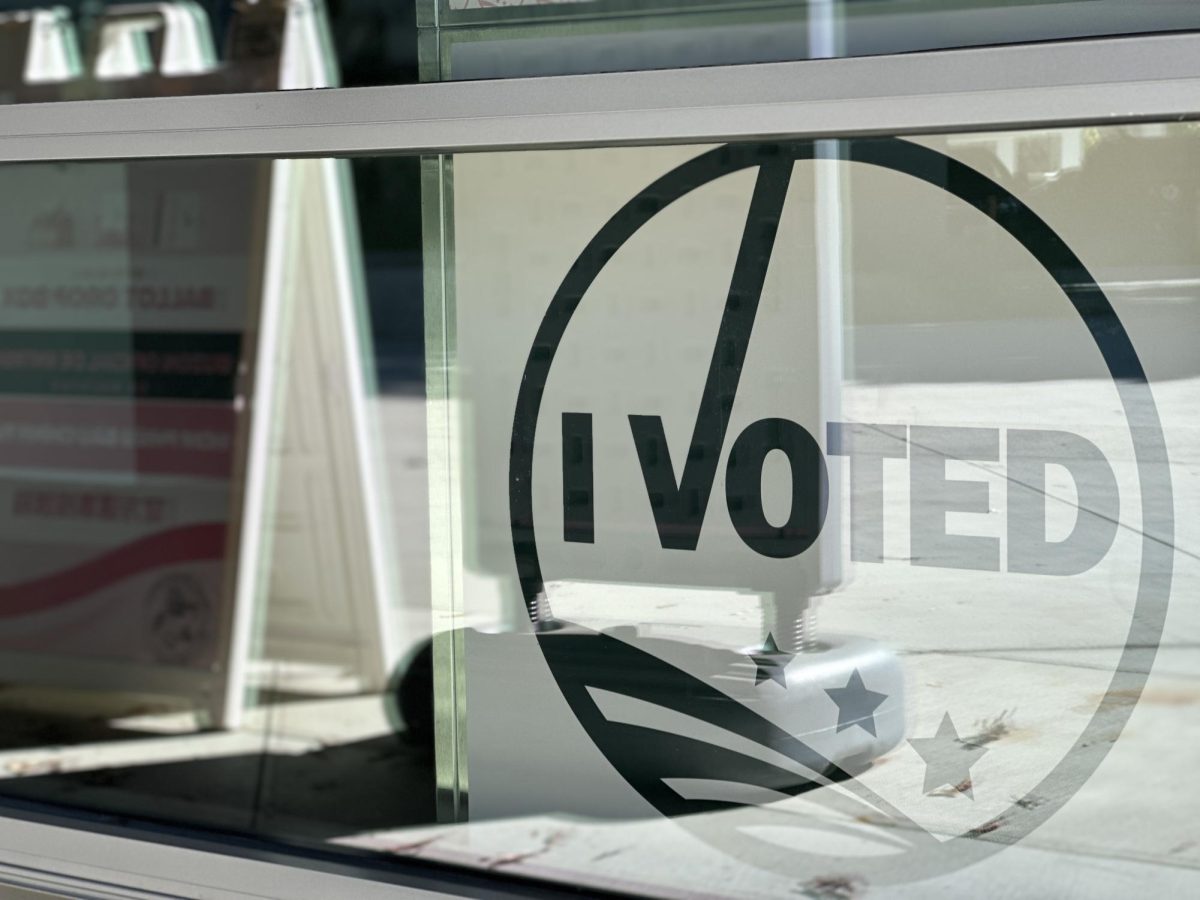On Nov. 5, California’s electorate rejected Proposition 6, which sought to amend the California State Constitution, removing the ability of prison officials to punish an incarcerated individual for refusing work assignments.
The original state constitution was first drafted in 1850, a period in which slavery was legal in other states. Article 1 Section 6 states that slavery is prohibited, and involuntary servitude is prohibited except to punish crime. The “except to punish” clause has become a point of contention for Prop 6’s supporters.
In past years, there have been other failed attempts to amend the state constitution to outlaw involuntary servitude.
One proponent for ending mandatory prison labor is Democrat state assemblymember Lori Wilson, who authored the legislative language for the measure on the 2024 ballot.
“This is our moral obligation of our generation,” Wilson said to CalMatters. “To remove all vestiges of slavery from everything we do in California, especially our Constitution.”
RELATED: Election 2024: Presidential Outcome and Key California votes
Michael Love, Sacramento State’s Outreach Coordinator for Project Rebound is a supporter of Prop 6. A recent parolee who served 35 years in a California State prison, Love said he believed that the current state constitutional provision about involuntary servitude makes change potentially fleeting in the lives of incarcerated individuals.
“People who are incarcerated have to work,” Love said. “If they do not, there are sanctions that could of course extend their time or add other punishments.”
Had Prop 6 passed, correctional facilities would have continued to assign work. However, work would have been accepted voluntarily.
“How do we want people [inmates] socialized back into society?” Love said. “There are choices to attend school, vocational programs or groups like victim impact, victims awareness, anger management or domestic violence.”
Love said that people want to make a change but If they’re forced to go to work, that may affect their availability for attending a support group.
The current constitutional amendment extends such punishments for violations for refusing work assignments beyond involuntary servitude, which could include loss of earned good conduct time, solitary confinement or revocation of family visitation.
RELATED: Transforming lives: Project Rebound Outreach Coordinator helps students get a second chance
Aaron Greene, Sac State’s Director of Project Rebound, said he knows all too well how inmates have been subjected to coercive control, after serving ten years in a California prison himself. He said inmates who could not perform their assigned duty due to physical or mental factors faced consequences.
Greene expressed his disappointment about the measure not passing in the polls.
“Unfortunately, we’re still stuck in a time where individuals can’t see beyond their prejudices,” Greene said.
Prop 6 would have made it illegal to withhold educational resources, self-help classes and other privileges from an inmate for refusing privileges from an inmate for refusing work assignments.
Greene said the justice system penalizes people and does not provide prisoners with adequate education or resources for rehabilitation, making the likelihood for re-offending higher.
“You want somebody who has worked on themselves psychologically, personally?” Greene said. “Or do you want somebody who has learned how to cook chicken and eggs?”
Amaya Pittman, second-year psychology major, said she headed to the polls on Nov. 5 to vote in favor of Prop 6. Pittman said that prisoners are already doing their time, and more time shouldn’t be added just because they don’t want to work.
“I don’t think it’s fair to force inmates to work,” Pittman said “It sounds like slavery to me.”
Love said that with Prop 6 not passing, California continues what he sees as the regressive policy of allowing indentured servitude to continue.
“It’s 2024,” Love said. “Slavery shouldn’t be in effect any place, including in prison.”
Second-year communications major and Project Rebound student, Dua Shareef supported the proposition as well. Shareef said the passing of this proposition would have supported rehabilitation as the main purpose of incarceration.
“It begs the question of: is it about rehabilitation, or is it about punishment?” Shareef said. “Punishment indicates you don’t care about what happens to us after, and that sends a powerful message.”
































































































































